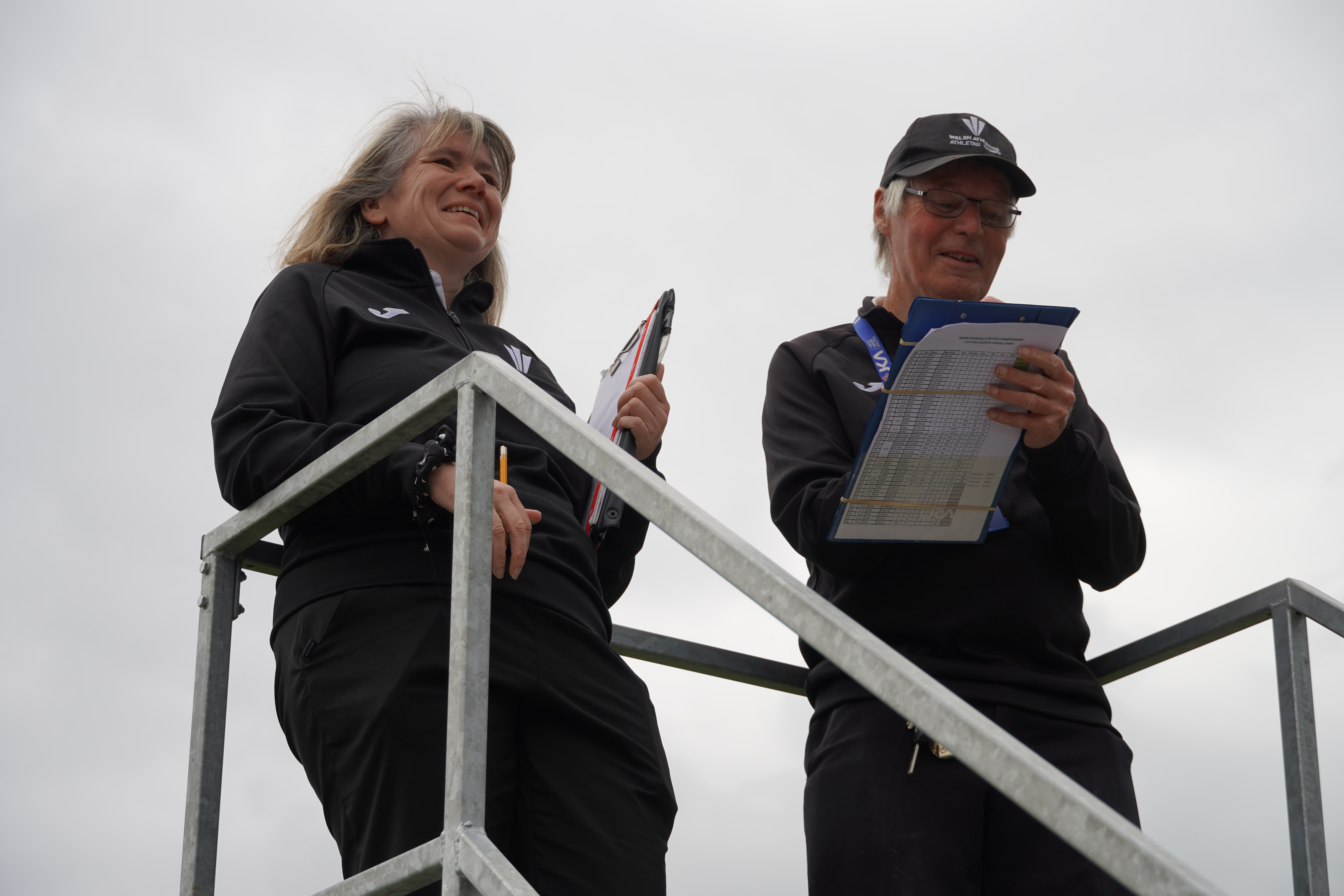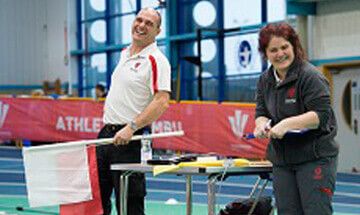
Get Involved
T&F disciplines
Who should go on this course?
Anyone who is interested in officiating the field events:
· Shot (including seated throws for disabled athletes)
· Discus (including seated throws for disabled athletes)
· Hammer
· Javelin (including seated throws for disabled athletes)
· Club Throw
· High Jump
· Long Jump
· Triple Jump
· Pole Vault
What will I learn on a Level 1 Field Judge course?
· How to follow a duty sheet
· Be able to list field events and the various roles covered
· Understand and describe Health and Safety issues in Field Officiating
· Application of the rules surrounding field officiating
· Ability to present the result card accurately
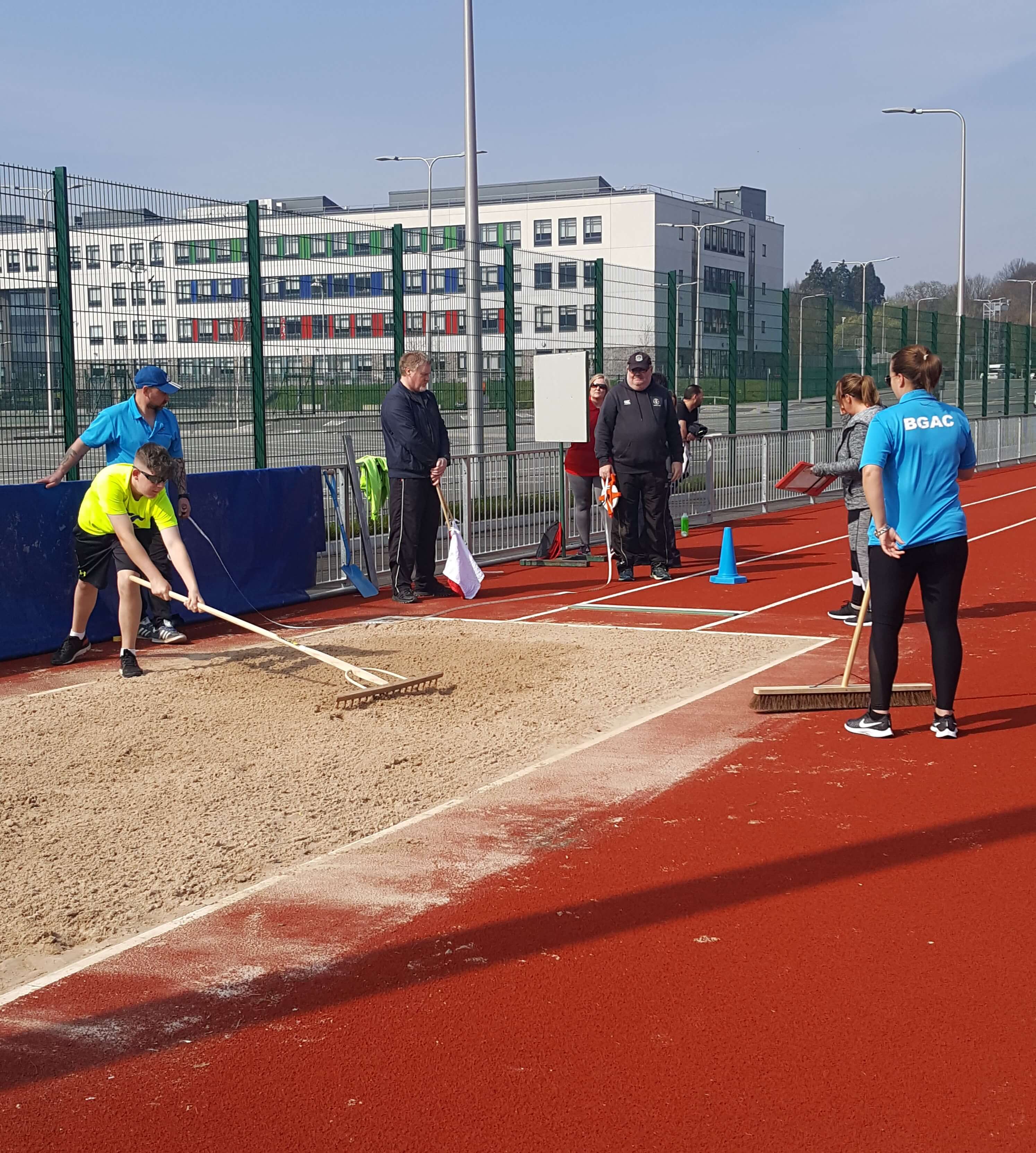
The Level 1 Photo finish course will outline the different tasks within the photo finish team, the role of an operator and the use of the equipment. The course is mainly of a practical involvement level to suit new Officials in this discipline (knowledge of Word or Excel is beneficial).
You will need to have a Windows PC/Laptop in order to download the required software needed for this course.
Who should go on this course?
Anyone with an interest in using technology to determine race positions.
What will I learn?
· Understand how a photo finish picture is created.
· Be able to interpret a picture effectively and produce a correct result.
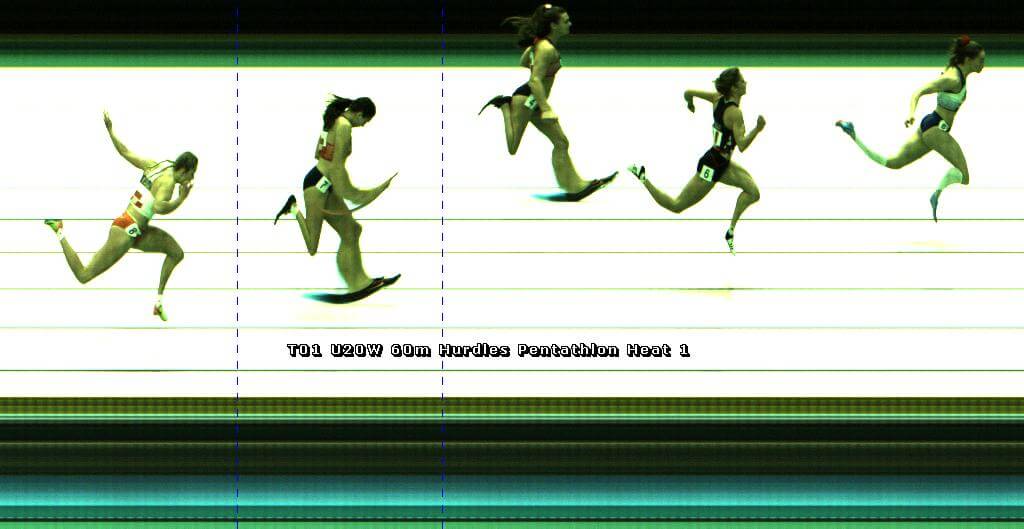
The Level 1 Timekeeping course is ideal for those with a high level of accuracy or those wishing to improve with experience and practice.
Who should go on this course?
Anyone who is interested in timing the track events, including sprints, relays and distance events.
What will I learn?
- Bring appropriate equipment and clothing to a meeting
- Take appropriate times accurately and understand some of the reasons for inaccuracy
- Understand how to report times to chief timekeeper
- Understand how a timekeeper works as part of a team
- An appreciation of the different start positions used during a meeting
- An understanding of what constitutes the finish of a race and the appropriate actions of a Timekeeper regarding this
- Understand what additional duties may be required
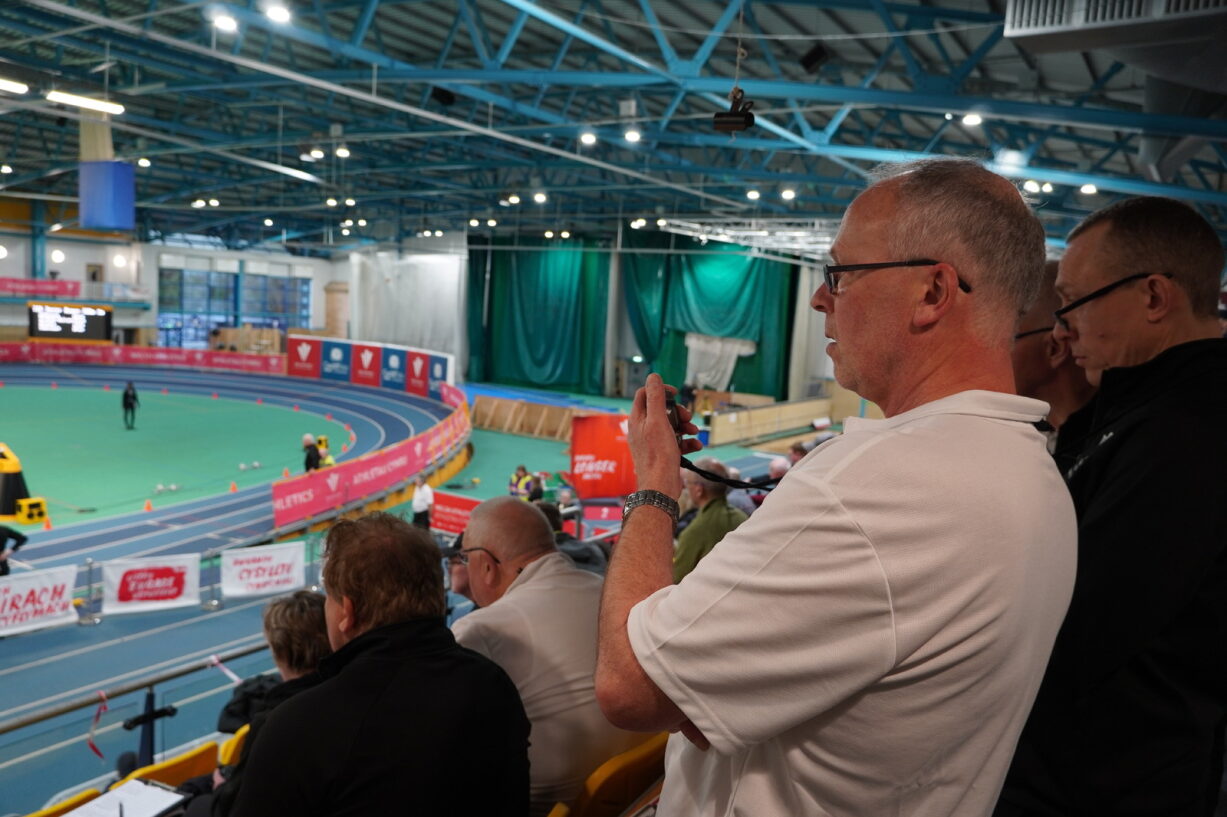
What will I learn on a Level 1 Race Walking course?
· Understand the difference between walking and running
· Know the rules of race walking
· Know what the judges’ paddles mean
· Begin to gain confidence in picking out infringements
· Understand the procedures for issuing cautions and red cards and recording these
· Understand the purpose and importance of the posting board and when/how the chief judge will disqualify a competitor
· Understand what makes a good Race Walking Judge

Level 1 Starter/Starters Assistant Training
Course Outcomes
- Demonstrate how course members would work as part of a start team
- Understand and implement the appropriate Rules for the start procedure of all races.
- Know the correct positions for starters and starters assistants for all races
- Implement the unique and specific aspects of roles.
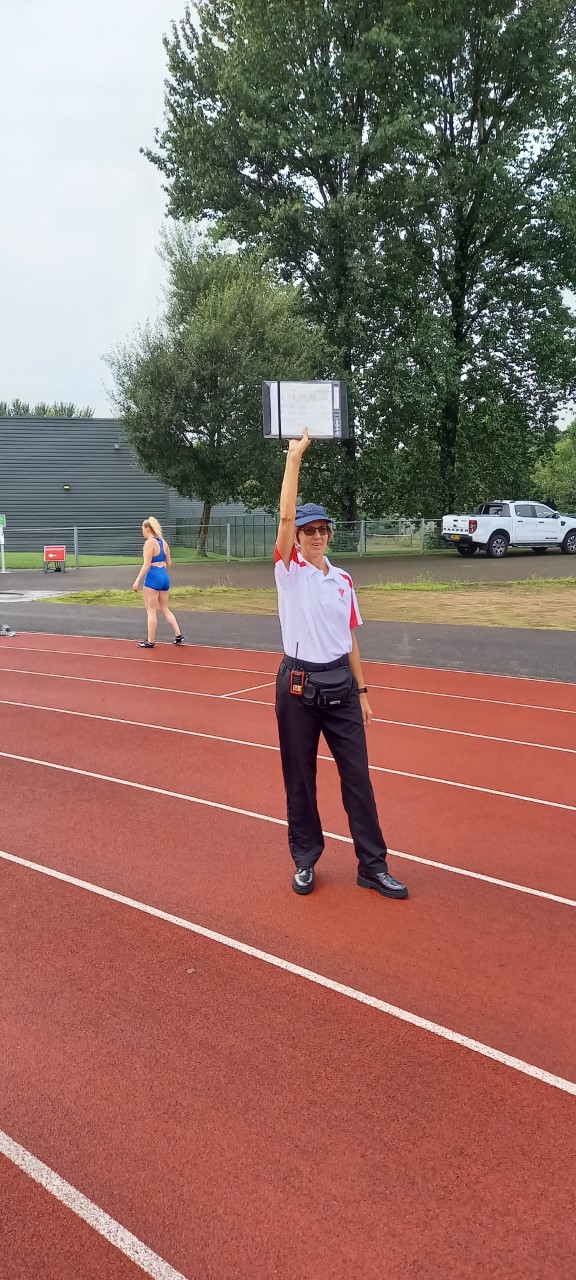
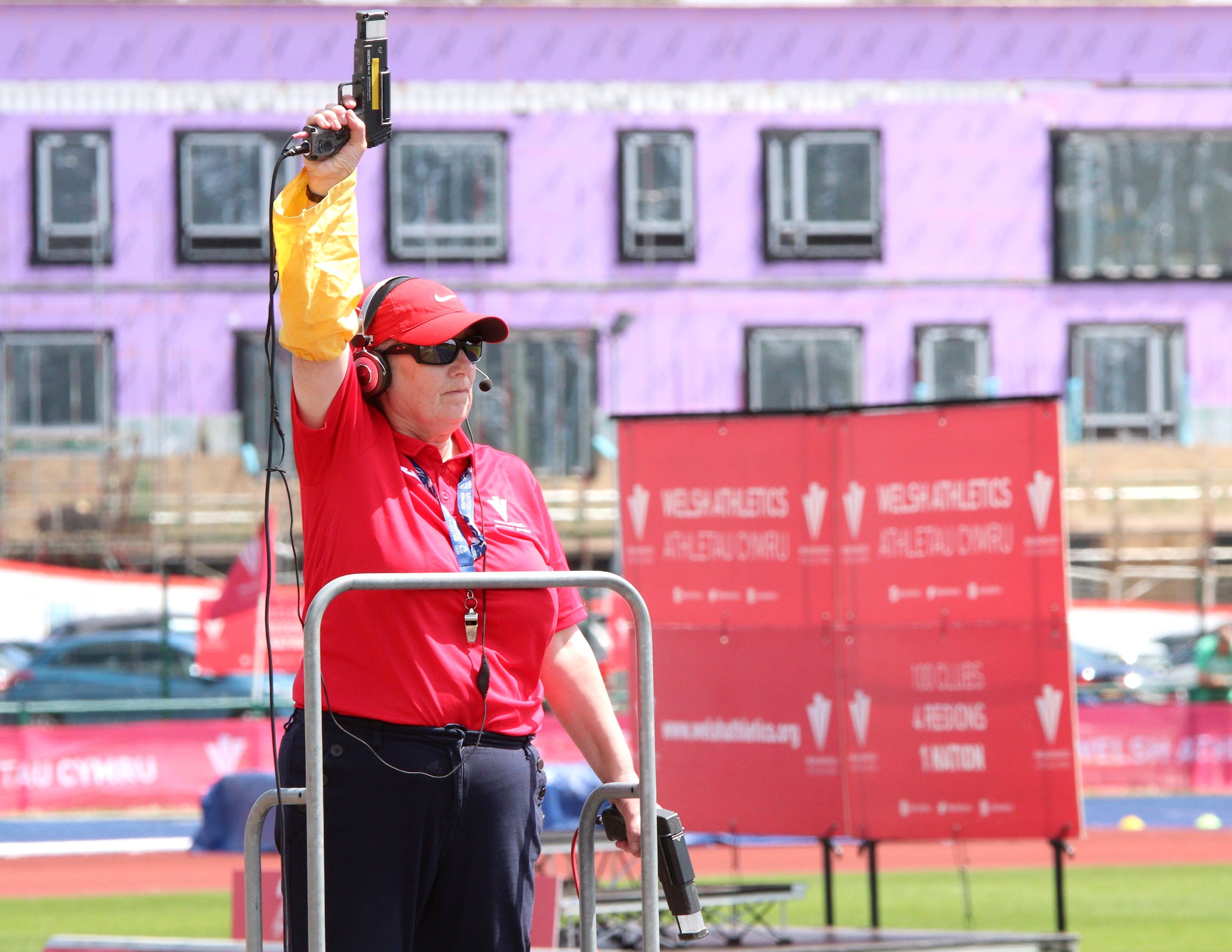
Overview - This course will introduce candidates to the key roles, responsibilities and duties of a Track Official, including recording and reporting infringements, knowledge of track markings and judging lane lines and the finish.
Who should go on this course?
Anyone who is interested in officiating the track events, including sprints, relays and distance events.
What will I learn?
- To work as part of a team of track officials at an athletics meeting and carry out the basic duties of a track judge/umpire.
- To understand what equipment, you need to have with you at an athletics meeting to enable you to carry out your duties throughout the meeting.
- To understand that a track judge/umpire should record what is seen without being influenced by anyone else.
- To have a basic knowledge of track markings particularly the finishing line (how to judge the finish) and lane lines.
- To carry out the basic duties such as judging, lap board and bell, break line, take over judge, hurdle observation, umpiring for observing running out of lane or impeding other athletes and what these involve.
Featured links
Useful pages within this section you may like to consider visiting.
